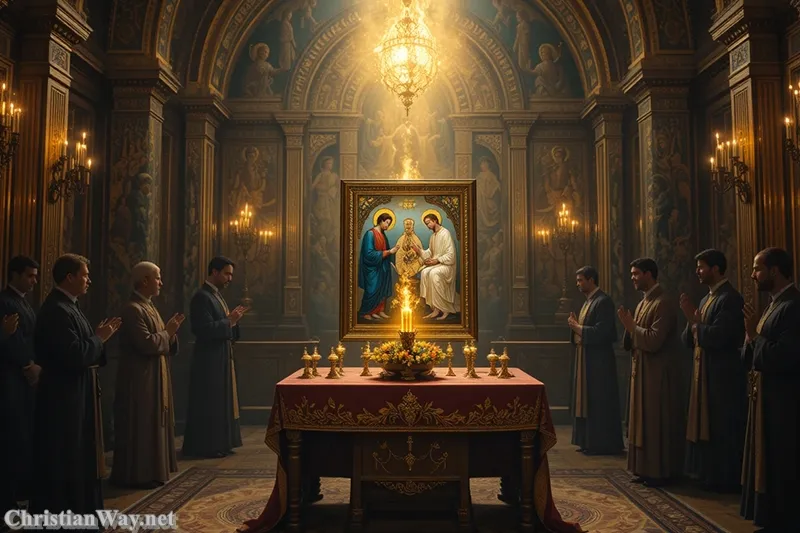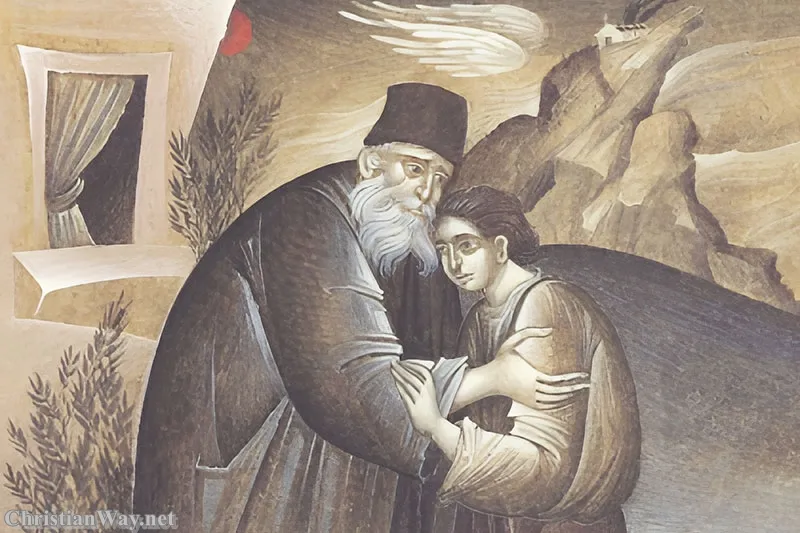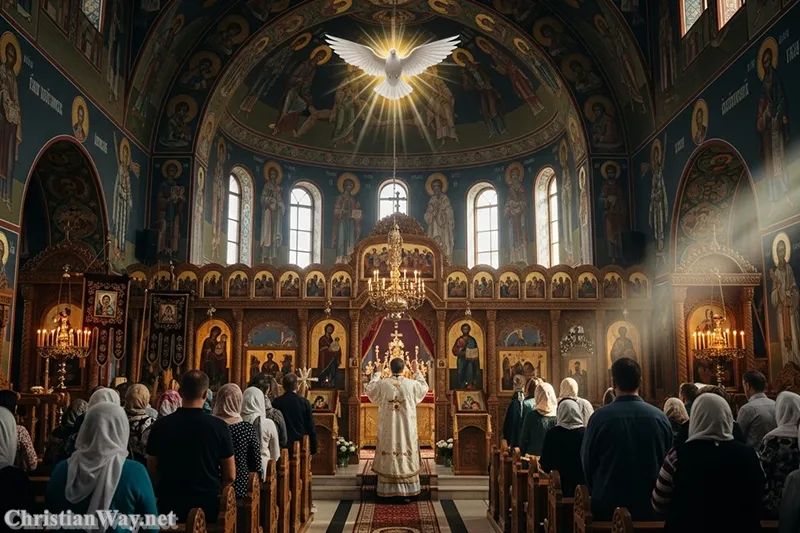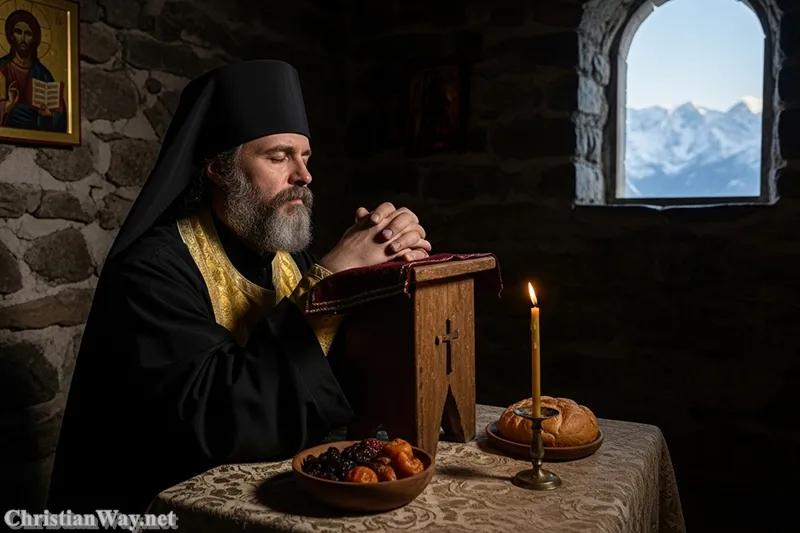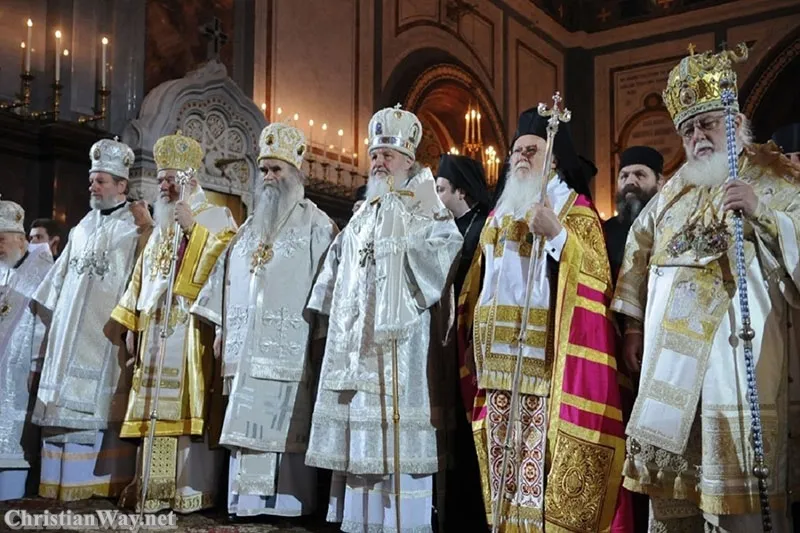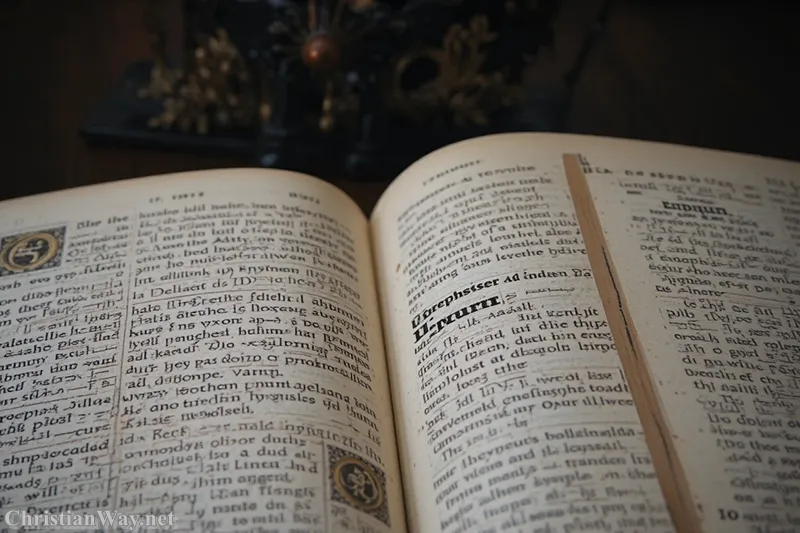Dear brothers and sisters in Christ,
Among the ancient thrones of Christian history, few bear the same spiritual weight and enduring legacy as the Ecumenical Patriarch of Constantinople. Rooted in the first centuries of the Church, the Patriarchate stands as a living witness to the faith of the Apostles — a bridge between the early Church and the modern world, between East and West, between heaven’s mystery and humanity’s longing for unity.
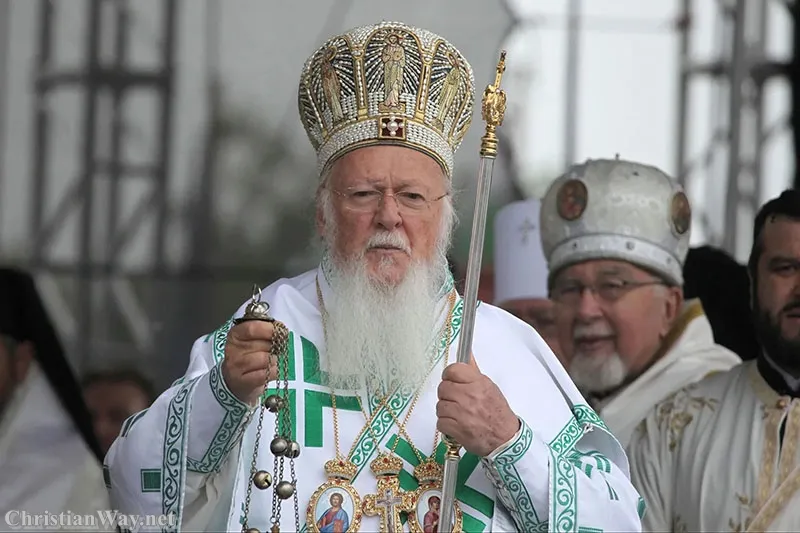
To speak of the Ecumenical Patriarch is not merely to discuss a title or an office, but to reflect upon a ministry of profound humility — one that has carried the light of Christ through empires, divisions, persecutions, and renewals. His mission, then as now, is not of earthly power, but of spiritual leadership, grounded in the words of Christ: “Whoever would be great among you must be your servant” (Matthew 20:26).
The Apostolic Roots of the Patriarchate
From the earliest centuries, Constantinople — once known as Byzantium and later as the “New Rome” — became a center of Christian faith. The Apostle Andrew, the brother of Peter, is traditionally recognized as the founder of the Church in Byzantium. His apostolic mission established a line of faith that would later flourish into the Patriarchate of Constantinople.
When the Roman Emperor Constantine moved his capital to the East in the 4th century, the Church in that city grew in prominence. The Council of Constantinople (381) confirmed its spiritual significance, granting the bishop of this city honor second only to that of Rome. Later, at the Council of Chalcedon (451), the title “Ecumenical Patriarch” began to signify his role as the first among equals among the bishops of the Eastern Churches.
This does not mean supreme authority like that of the Pope in the West, but rather a primacy of honor, reflecting his responsibility to foster communion, guide dialogue, and preserve the unity of faith across the Orthodox world.
The Spiritual Role of the Ecumenical Patriarch
The Ecumenical Patriarch is often described as the “spiritual father” of over 300 million Orthodox Christians worldwide. Yet his authority is not political or juridical — it is pastoral and moral, arising from his witness to Christ’s truth and love.
Guardian of Orthodox Unity
Throughout centuries marked by theological disputes and political upheavals, the Patriarch of Constantinople has sought to maintain unity within the Orthodox Church. In times of division, he has called councils, written letters of reconciliation, and reached across national and cultural boundaries to remind the faithful of what truly binds them — the One, Holy, Catholic, and Apostolic Church confessed in the Nicene Creed.
His task is not to command, but to convene; not to rule, but to reconcile. As Christ prayed, “that they may all be one, as you, Father, are in me and I in you” (John 17:21), the Ecumenical Patriarch’s mission echoes this divine desire for unity among all who follow Christ.
Bridge Between Churches
In our divided Christian world, the Ecumenical Patriarch has become a voice of ecumenical dialogue, extending a hand of friendship and understanding to other Christian traditions — including the Roman Catholic Church, the Anglican Communion, and various Protestant communities.
Since the historic meeting between Patriarch Athenagoras I and Pope Paul VI in 1964, steps toward mutual understanding have continued, with the Patriarchate emphasizing that Christian unity is not uniformity, but communion in truth and love. The Ecumenical Patriarch reminds us that the wounds of division are healed not by triumph, but by humility — by listening, forgiving, and walking together toward Christ.
The Patriarchate Through History
The Patriarchate of Constantinople has endured countless trials — from the fall of the Byzantine Empire in 1453 to centuries of living under Ottoman rule. Even amid persecution and hardship, it never ceased to bear witness to Christ.
Under the Ottoman Empire
When Constantinople fell to the Turks, the Patriarch became the civil as well as spiritual leader of the Orthodox Christians within the empire. This period was marked by both suffering and resilience. Though often under great constraint, the Patriarchs upheld the faith, kept monasteries and schools alive, and ensured the continuity of Orthodox theology and liturgy.
In the Modern World
Today, the Ecumenical Patriarch resides in the Phanar, a modest district of Istanbul (formerly Constantinople). Despite having no political power and leading a small local community, his influence remains global.
Patriarch Bartholomew I, the current Ecumenical Patriarch since 1991, is often called “the Green Patriarch” for his prophetic voice on environmental issues. He has spoken powerfully about the moral duty to protect creation, reminding us that the world is not merely a resource but a sacred gift of God.
His leadership continues to inspire not through might, but through the Gospel’s quiet strength. He embodies the ancient truth that spiritual authority rests not on crowns or armies, but on the cross of Christ.
The Ecumenical Patriarch and the Call to Unity
The title “Ecumenical” means “of the whole inhabited world.” It expresses not worldly dominion, but a universal concern for the unity of the Church and the salvation of all people.
A Ministry of Reconciliation
The Patriarch’s mission has often involved healing divisions — between nations, Churches, and even within the hearts of believers. His office reflects the truth that the Church, though diverse in language and culture, remains one in faith and love.
Dialogue with the Roman Catholic Church
The relationship between Constantinople and Rome has been marked by both shared history and painful division since the Great Schism of 1054. Yet the Ecumenical Patriarchate has continually sought paths of reconciliation.
Joint declarations, shared prayers, and mutual visits between the Patriarch and the Pope testify to a renewed spirit of brotherhood. As Patriarch Bartholomew once said, “We do not seek to erase our differences, but to rediscover the unity that has never truly died — for Christ is not divided.”
Theological Significance of the Patriarchate
In Orthodox understanding, the Ecumenical Patriarch is not a ruler above the bishops, but a sign of their unity. The ancient principle of synodality — that the Church governs itself through councils of bishops guided by the Holy Spirit — finds its living expression in his ministry.
He is “first among equals,” as the early canons declare, serving to coordinate rather than control. His leadership ensures that the local Churches remain connected to the universal life of Orthodoxy.
Just as St. Paul wrote, “There are many parts, but one body” (1 Corinthians 12:20), so too does the Patriarchate remind all Orthodox Christians that they belong to one Body — Christ’s Body — where no Church or nation stands alone.
Witness in the Contemporary World
In an age of secularism, moral confusion, and conflict, the Ecumenical Patriarch stands as a moral and spiritual witness to Christ’s presence in the world. His voice often calls humanity back to reverence for life, creation, and the sacredness of the human person.
He has spoken against war and violence, reminding leaders and citizens alike that peace begins not in treaties but in the conversion of hearts. He calls Christians to bear witness to Christ not merely by word, but by compassion — to serve the poor, defend the oppressed, and protect the dignity of every person made in the image of God.
A Living Symbol of Continuity
Despite centuries of upheaval, the Ecumenical Patriarchate remains a living thread connecting the Church of today with the Church of the Apostles. Its liturgies still resound in the ancient language of the Fathers; its theology remains deeply rooted in the mystery of the Incarnation, the Cross, and the Resurrection.
It is not a relic of history, but a living sign of God’s faithfulness. The Ecumenical Patriarch, in his simplicity and endurance, embodies the words of the Lord: “Blessed are the meek, for they shall inherit the earth” (Matthew 5:5).
Reflect and Pray
To contemplate the ministry of the Ecumenical Patriarch of Constantinople is to see how Christ continues to shepherd His people through time and trial. It is to see how humility can sustain the Church more deeply than power, and how love can outlast empire.
Let us pray for the Ecumenical Patriarch — for Bartholomew and for all who will follow him — that they may continue to be true servants of unity, faith, and peace. May their voice always call the world back to the light of Christ, who alone is the head of the Church and the hope of the world.
O Lord Jesus Christ, Shepherd of souls and Light of the world,
bless the Ecumenical Patriarch and all who serve in Your name.
Strengthen their hearts with courage, their words with wisdom,
and their lives with holiness.
May they be bridges of peace among Your people,
and witnesses of Your unending love to the ends of the earth.
Amen.
— Fr. John Matthew, for Christian Way
